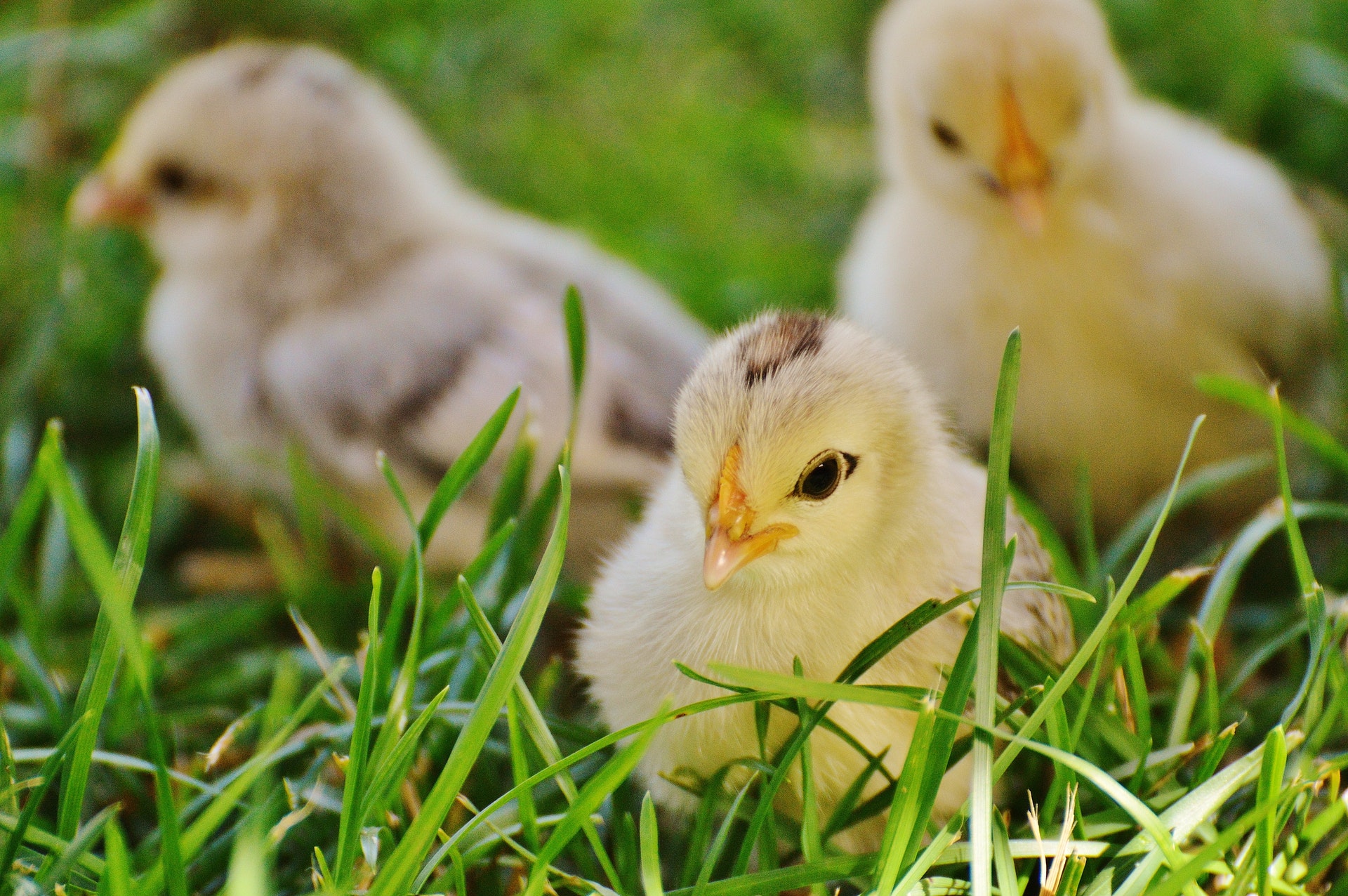
Giving a child their own fluffy chick, duckling or bunny as an Easter gift might seem like a fun idea, but caring for these animals usually requires more work than people anticipate. Karl Hoopes and Allison Willoughby, faculty in Utah State University’s School of Veterinary Medicine, encourage people to think twice before purchasing animals as gifts.
Willoughby emphasized the importance of remembering that chicks, ducks and bunnies don’t stay little for very long. She said if you aren’t planning on raising these animals as adults, then it’s best to not get one in the first place.
“Giving little chicks, ducks, or bunnies can be fun if you know how to take care of them and plan on them not always being fluffy little cuties,” Willoughby said. “Chicks quickly grow into chickens and some crow loudly at 5 in the morning, and ducks are rather messy and love to paddle in whatever water is available. Bunnies are always cute, but they are really social creatures and wouldn’t want to be forgotten about alone in their cage.”
Most people don’t realize these animals require a great deal of care and are often a long-term
commitment. Hoopes said planning is key and there are several questions that people need to carefully consider and answer before purchasing animals. These questions include thinking about proper housing, what to feed the animals, and making sure there is a place to keep them once they have grown. Making sure you live in an area that allows these types of animals is also important.
“Live animals are not like toys that can be put on a shelf or in a toy box and left for a long period of time,” Hoopes said. “They require a commitment to care and keep them healthy and happy. As veterinarians, we are often asked to help rehome or euthanize these animals shortly after Easter because the recipients do not have the proper environment to keep them.”
Additionally, the risk of getting infected with salmonella is another factor than needs to be considered – especially when purchasing ducks or chicks.
“Older people, children and immunocompromised people are particularly vulnerable to contracting this bacteria,” Willoughby said. “Handwashing will prevent this, but kids don’t always follow directions when they are excited about these wonderful creatures.”
Instead of gifting live animals for Easter, Willoughby suggested participating in other family-friendly activities that celebrate the coming of spring.
“A better idea for including new life in your Easter observance might be going to an event like Baby Animal Days, or some other reputable farm, or planting some seeds and watching the new growth as it occurs,” she said.
Writer: Aubree Thomas, aubree.thomas@usu.edu
Contacts: Karl Hoopes, karl.hoopes@usu.edu Allison Willoughby, allison.willoughby@usu.eduMarch 28, 2018

